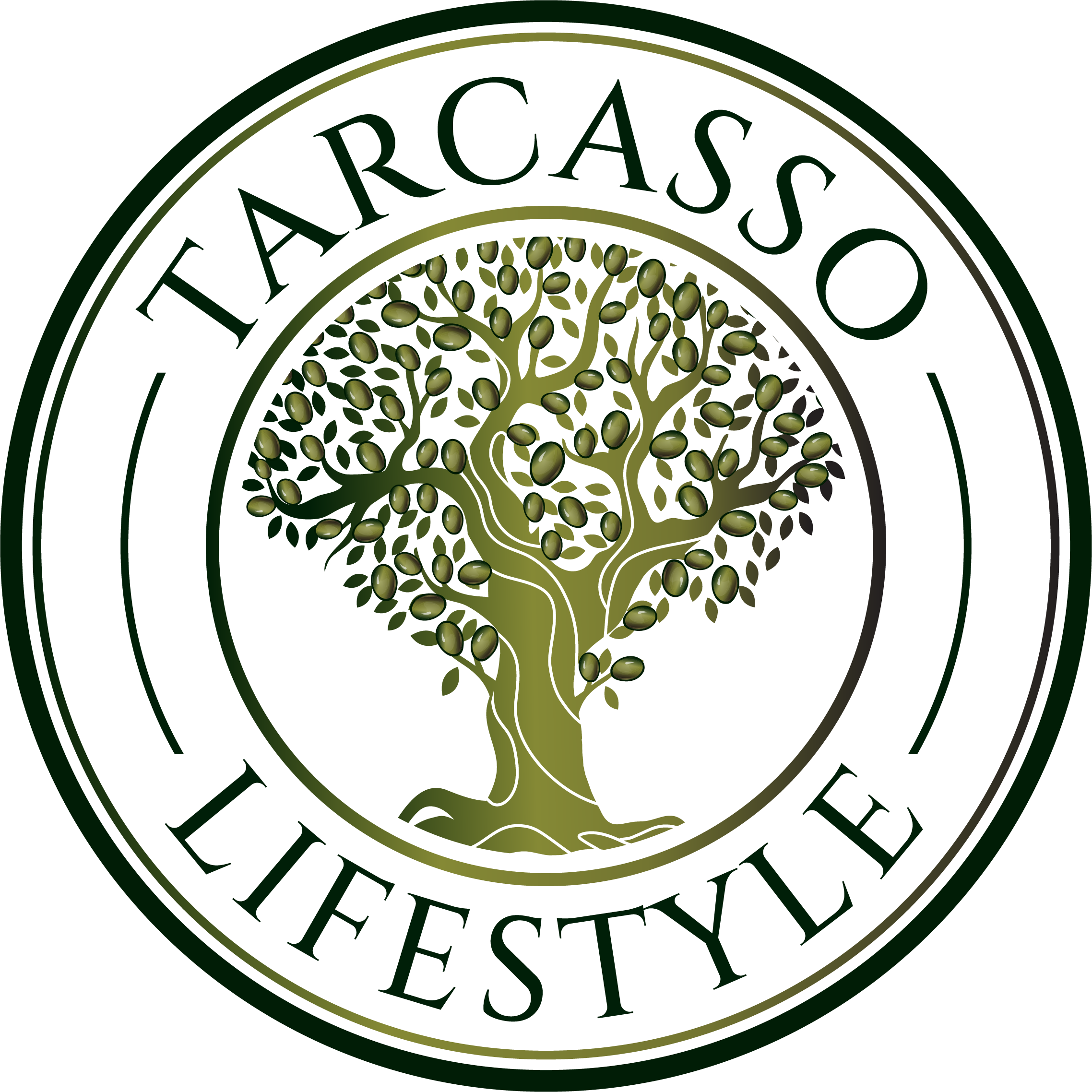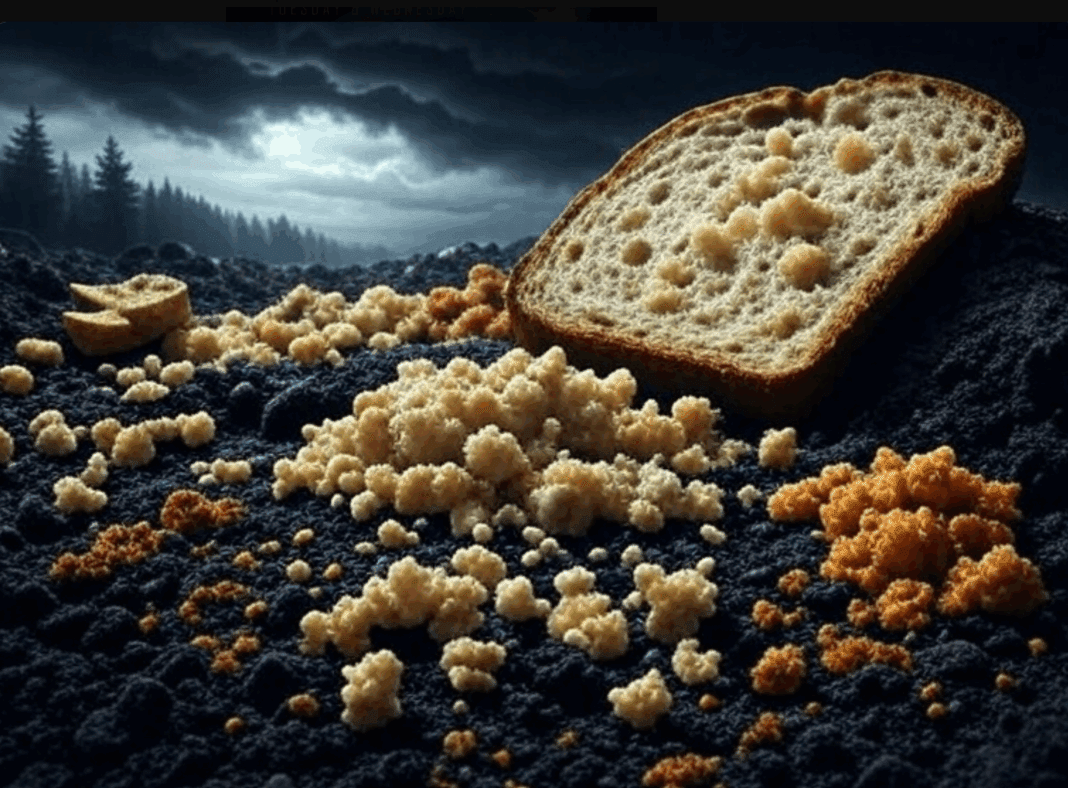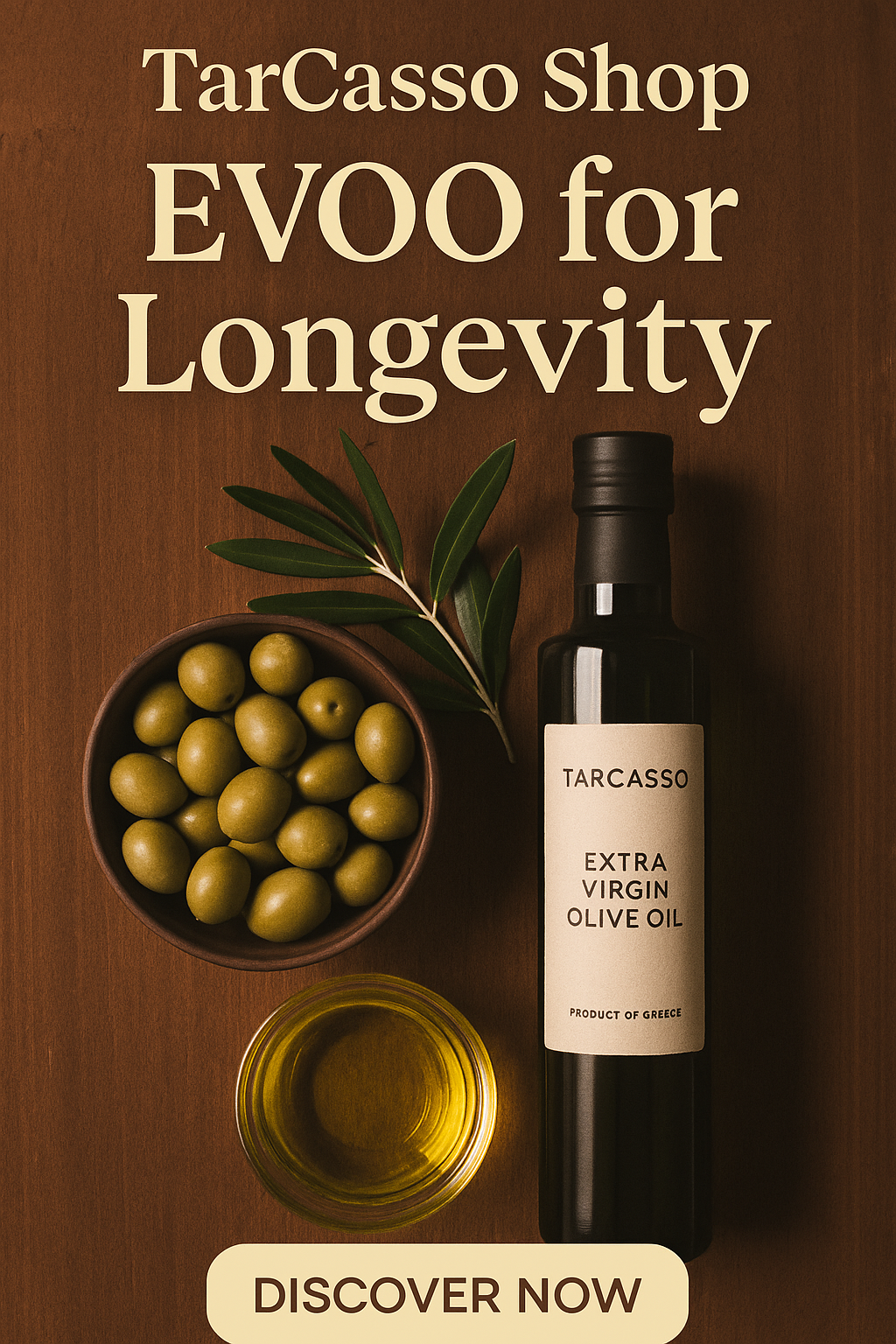Introduction
The recent discourse on X initiated by Joe Rogan‘s comments on the quality of American bread has brought to light critical concerns about industrial food processing and its impact on human health. This report delves into the underlying issues, supported by scientific evidence and global perspectives, to underscore the urgent need to avoid highly processed foods for longevity and well-being.
The Controversy Surrounding American Bread
Joe Rogan‘s assertion that “American bread can’t even be considered food in parts of Europe” is not merely hyperbolic but rooted in tangible differences in food processing practices. The primary concern is the use of additives such as potassium bromate, azodicarbonamide (ACA), and glyphosate, which are banned in several countries due to their potential health risks. These chemicals, while approved by the U.S. Food and Drug Administration (FDA) at low levels, have been linked to serious health issues, including cancer and endocrine disruption.
- Potassium Bromate: A potent oxidizer used to enhance dough rising, it has been associated with kidney and thyroid cancers in rodent studies. Despite these findings, it remains in use in the U.S., contrasting with bans in the European Union, the UK, China, and India.
- Azodicarbonamide (ACA): Known for its industrial applications in foam production, ACA is used in bread to bleach and leaven dough. It has been linked to cancer in lab animals and is banned in the EU.
- Glyphosate: Widely used as a desiccant in wheat production, glyphosate is classified as a probable human carcinogen by the International Agency for Research on Cancer (IARC). It causes endocrine disruption and gut damage, contributing to symptoms like bloating and brain fog, often misattributed to gluten intolerance.
Industrial Food Processing: A Broader Perspective
The issue extends beyond bread to the broader landscape of industrial food processing, which prioritizes shelf stability, cost-efficiency, and mass production over nutritional integrity. This process often involves:
- Nutrient Stripping: As highlighted in the tweet, the removal of bran and germ from grains to create shelf-stable flour results in nutritionally devoid products. The subsequent enrichment with synthetic nutrients like folic acid, which many cannot metabolize, exacerbates health issues.
- Chemical Additives: Beyond bread, processed foods are laden with preservatives, emulsifiers, and artificial colors and flavors, many of which are under scrutiny for their long-term health effects.
- Loss of Microbial Diversity: Traditional fermentation processes, which naturally enhance nutrient bioavailability and gut health, are replaced by industrial methods that may introduce harmful compounds.
Health Implications
The health implications of consuming highly processed foods are profound and multifaceted:
- Chronic Diseases: The accumulation of chemicals and the lack of essential nutrients contribute to chronic conditions such as obesity, diabetes, cardiovascular diseases, and certain cancers. The European Food Safety Authority (EFSA) and other global health organizations have raised alarms about the rising incidence of these diseases linked to processed food consumption.
- Gut Health: The disruption of gut microbiota by glyphosate and other chemicals impairs digestion and immune function, leading to increased inflammation and autoimmune responses.
- Mental Health: Emerging research, including studies from the Frontiers in Nutrition, indicates a correlation between processed food intake and mental health disorders like anxiety and depression, likely due to the inflammatory response and nutrient deficiencies.
Global Comparisons and Consumer Movements
Comparatively, European countries maintain stricter regulations on food additives, reflecting a commitment to public health. The Mediterranean diet, often cited as a model of health, emphasizes minimally processed foods, which are associated with lower rates of chronic diseases. Consumer movements towards organic and artisanal products are gaining traction, driven by awareness of the dangers of industrial processing.
Recommendations for TarCasso Longevity Readers
Given the evidence, a strong recommendation to avoid highly processed foods is imperative for longevity and health:
- Embrace Whole Foods: Prioritize whole, unprocessed foods such as fruits, vegetables, legumes, and whole grains. These retain their natural nutrient profile and are free from harmful additives.
- Choose Traditional Methods: Opt for traditionally processed foods like sourdough bread, which ferments naturally and retains beneficial microbes, over industrially produced alternatives.
- Read Labels Diligently: Be vigilant about ingredient lists. Avoid products containing potassium bromate, ACA, glyphosate, and other questionable additives.
- Support Local and Organic: Purchase from local farmers and organic producers who adhere to sustainable and health-conscious practices.
- Advocate for Policy Change: Engage with policymakers to push for stricter regulations on food additives and promote transparency in food labeling.
Conclusion
The industrial food processing paradigm, as exemplified by the case of American bread, poses significant risks to human health. The chemicals and methods employed compromise nutritional value and introduce toxins that accumulate over time, undermining longevity. For readers of TarCasso Longevity, the message is clear: the path to a healthier, longer life lies in rejecting highly processed foods and embracing a diet rich in natural, minimally processed options. This shift not only benefits individual health but also supports a broader movement towards sustainable and ethical food systems.





